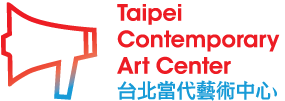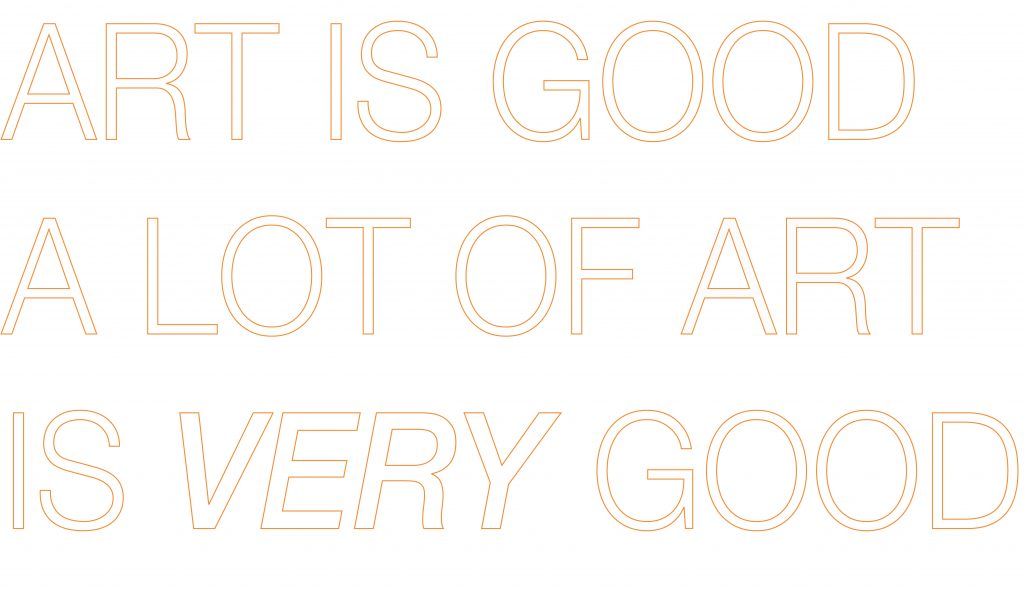For English, please scroll down.
工作坊#1 Art is Good – A Lot of Art is Very Good / Maria Bordorff
時間:2016年9月28日(三)晚間7~9點
地點:打開-當代藝術工作站(台北市大同區甘州街25號)
主辦單位:台北當代藝術中心、鳳甲美術館
報名連結,單場限十二位參與者報名,本活動將以英語進行。
藝術機構是否有責於擔當藝術工作者的經濟狀況?以及之於策展人亦同?而在不導致非確定性並且加速產出的方式之下,機構與專業人士又如何有助於創造社會經濟場域中的藝術性生產?在此,我們是否該正視藝術的生產過剩?
上述之提問,將作為此次工作坊所欲展開的討論範疇之切入點。就西方工作史的觀點而言,此課題亦將納入北歐社會福利政策以及後期的前衛運動,以建構共通框架上的相容性理解。也藉此針對特定的迫切且規範下之結構性無酬勞動、績效制約、多工以及超當代性等一併展開論述,並設法尋求造成現狀的源頭。
來自哥本哈根的藝評及獨立策展人Maria Bordorff,將於入秋開跑的開放策展學校,就藝術性工作領域面臨時下動盪社經形勢之際,對藝術生產所造成的衝擊作為延展提論。此工作坊將以主題介紹、案例分析及交叉討論的方式進行為期兩小時的研討。
此次研討中將論及一些文學作品、理論家及創作上與藝術生產有關的藝術家 -視後者為一種後設實踐。就虛實相並的案例分析展開小組討論,則將體現工作坊中的延續性議題。有鑒於交流作為宗旨,將十分樂見參與者們能夠帶著自身的案例前來作討論,並分享個人獨到見解。工作坊作為一個非正式聚會,則是希冀以最理想的條件,營造主題性對話的場域。
Maria Bordorff
生於1988並畢業於丹麥哥本哈根大學的當代文化碩士,獨立工作為作家、藝術評論與策展人。曾擔任非營利展覽空間New Shelter Plan的日常管理及諮詢委員長達兩年、奧胡斯藝術學院大學部畢業展策展人以及北歐線上藝術期刊Kunstkritikk的合同作者。
近來致力於研究當代藝術生產中框架於新自由主義之下的勞動,並以戰後藝術脈絡中的工作史及藝術史為探究基體。關鍵概念如臨時工、特權、浪漫主義、自主性以及剝削等皆含括於其目前正著手進行中的一項關於後福斯工作期限的研究及現今的藝術批評計畫。
本次活動特別感謝打開-當代藝術工作站
Workshop#1 Art is Good – A Lot of Art is Very Good / Maria Bordorff
Time: 7-9pm, September 28, 2016
Venue: Open Contemporary Art Center(No.25, Ganzhou St., Datong Dist., TAIPEI CITY 10346, TAIWAN)
Organizers: Taipei Contemporary Art Center, Hong-gah Museum
Sign-up here, the workshop opens for 12 participants, and it will be in English.
Critic and independent curator from Copenhagen Maria Bordorff opens the fall semester at Open Curatorial School with a seminar on precarious socio-economic conditions within the field of artistic work – and the consequences these conditions have for artistic production. The seminar will consist of an introduction, a presentation of the topic and discussion rounds in groups in base of cases. Duration: 2 hours.Do art institutions have responsibility regarding art workers’ economic situation? Do curators? How can art institutions and individual art professionals contribute to the creation of social and economic conditions for artistic work, which do not result in increased precariousness and an accelerated production mode? Can we talk about such a thing as artistic overproduction? Questions like these are central to the seminar and will be sought discussed and answered in consultation with the course participants. Aspects of Western work history, Scandinavian welfare policies and the late avant-garde movements will be brought into play in order to create a common framework of understanding. Together, we will talk about certain stressful or normative socio-economic conditions such as structural use of unpaid work, performance culture, hyperactivity and ultra-contemporaneity — and seek to locate the origin of these.
During the seminar, a few literary works and theorists will be referred to as well as examples of artists dealing with art’s own production conditions — the latter as a kind of meta practice. There will be discussions in groups in base of cases, both real and fictitious cases, which exemplify relevant issues in continuation of what has been talked about at the seminar. Everyone are very welcome to suggest a case for the discussion part. In general, exchange of experience is a desirable outcome of the seminar and all participants are therefore encouraged to share thoughts and observations from their individual positions. The seminar will be kept as informal as possible in order to create optimal conditions for the good conversation to develop around the topic.
Maria Bordorff
Maria Bordorff (1988), MA in Modern Culture from University of Copenhagen, Denmark. Works independently as writer, art critic and curator — among other things as part of the daily management and advisory board at non-profit exhibition space New Shelter Plan for two years, as curator of the BA graduate show at Funen Art Academy and as associated writer for the online Scandinavian art journal Kunstkritikk.
Current interests include researching contemporary artistic production as labour within the neoliberal framework, in basis of work history and history of art since the postwar period. Precarity, privileges, romanticism, autonomy and exploitation are key concepts in an ongoing research into post-Fordist working life studies and critical art practice today.
Special thanks to Open Contemporary Art Center

